Joel Morton (Canton) p.49-80
2005 Issue 2
Special Issue: Cultural Transformation in Eastern Germany after 1990.
In conjunction with the Association for Modern German Studies (ags.ac.uk)
Abstract
The transitory artefacts of popular culture are by their nature indicative of social change, and the eastern German street objects chosen for this analysis display gender as a prominent but often neglected aspect of the massive cultural, economic and political transformation still underway more than a decade after the fall of the Wall. Taking its theoretical cue from recent scholarship on gender and post-socialism (e.g. Kolinsky and Nickel 2003; Gal and Kligman 2000), in which gender is understood as central to, as well as both effect and agent of, social transformation, the essay argues that commercial street posters and ephemera manifest a distinctly uneven ideological struggle among historically-produced gender discourses in the newly capitalist east. Commercial image/texts carry what Raymond Williams (1977) termed ‘dominant’, ‘residual’, and ’emergent’ elements of a culture in transition, and thus help reveal gendered and social tensions experienced by easterners as they become targets of western advertising. In combining analysis of commercial street image/texts collected between 2000 and 2004 with findings from extended fieldwork in eastern Germany over the same period, the essay seeks as well to give some sense of the lived experience of the post-socialist reinvention of gender.
